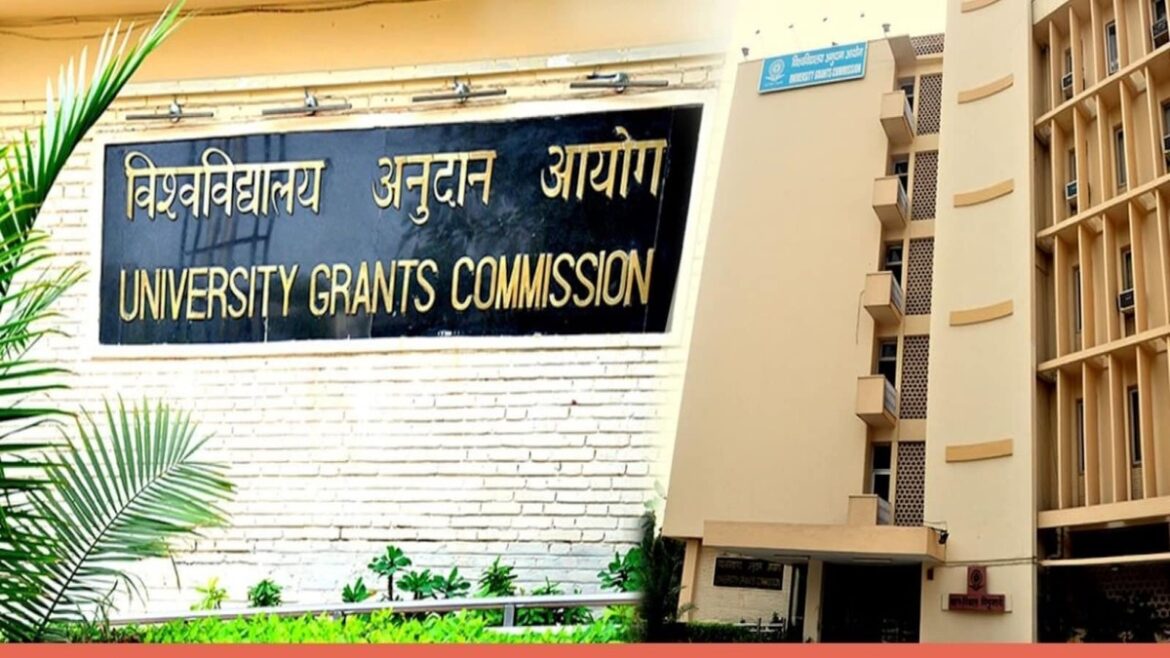In a strong public warning, the University Grants Commission (UGC) has alerted students, parents, and Higher Education Institutions (HEIs) to steer clear of degree and diploma programmes offered in collaboration with unrecognised foreign institutions.
Despite repeated advisories, many Indian colleges and EdTech platforms continue to promote online or joint academic programmes in partnership with foreign entities not approved by the UGC. The regulatory body has clarified that such degrees are invalid and unrecognised in India.
What’s Going Wrong?
The UGC has identified a growing number of unauthorised collaborations between Indian HEIs and foreign educational providers. These include online degrees, joint diplomas, and so-called “international programmes” that are marketed through flashy advertising, often without disclosing their unrecognised status.
The core problem: Students are being misled into believing that these programmes offer legitimate academic credentials. In reality, any qualification obtained through these channels carries no legal or academic value in India.
What Do UGC Regulations Say?
According to the UGC’s guidelines released in 2022 and reinforced in 2023:
- All foreign academic collaborations must be pre-approved by the Commission.
- This includes joint degrees, dual degrees, and foreign university campuses operating in India.
- Degrees or diplomas granted under unapproved arrangements will not be valid and cannot be used for employment, further studies, or government services.
UGC has confirmed that legal action will be taken against defaulting institutions and EdTech companies that promote or operate such programmes.
When Did This Begin?
The Commission had earlier issued a warning on December 12, 2023, highlighting the rise in unapproved collaborations. However, the problem has persisted into 2025, forcing the UGC to issue this renewed and stronger advisory.
How Are Students Being Misled?
UGC flagged aggressive marketing campaigns run by some EdTech firms that include:
- Misleading social media campaigns
- Television ads promising international degrees
- Printed and online promotions with fine print disclaimers
These campaigns often fail to mention that the foreign institutions involved lack formal recognition by Indian authorities, leaving students unaware of the consequences.
Interesting Read
What Should Students and Parents Do?
The UGC has urged prospective students and their families to:
- Verify programme legitimacy through the official UGC website before enrolling.
- Avoid any course that involves a foreign tie-up without transparent approval details.
- Report misleading academic offers to UGC and relevant authorities.
“Students who enroll in such programmes do so at their own risk. The degrees will not be accepted for employment or further education,” the advisory states.
What Action Will Be Taken?
- Institutions and EdTech platforms involved in such illegal tie-ups face strict regulatory action, including possible penalties, registration cancellation, and criminal prosecution.
- UGC also plans to coordinate with enforcement agencies to address ongoing violations.
Final Word
This advisory is more than just a legal notice—it’s a reality check for students chasing international degrees. Without UGC recognition, a foreign collaboration is simply not worth the risk. Students are strongly advised to stay informed, stay alert, and prioritise verified academic credentials over marketing gimmicks.


